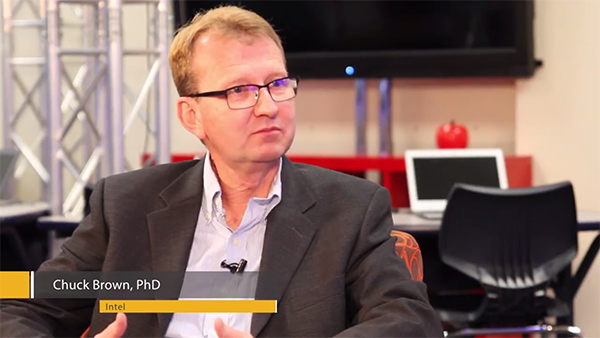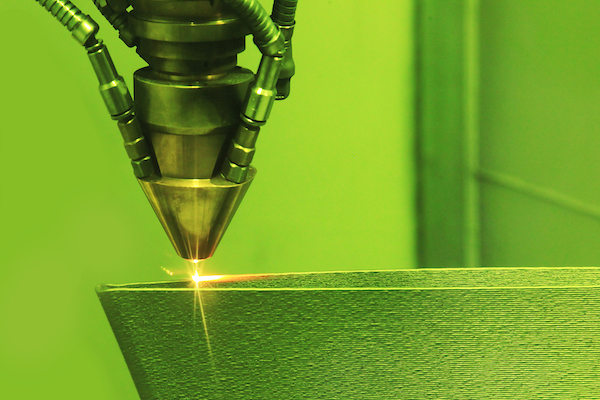Intel’s Chuck Brown explains that SSD are enabling governments to accelerate existing applications, such as ERP systems and databases, and also to support the storage necessary to move applications into the cloud and virtualized environments.

Solid state drives (SSD) are becoming more common as an alternative to hard disk drives (HDDs) in laptops, desktops, and server and storage arrays. SSDs store data on flash memory instead of the spinning read-write head on a traditional drive, and one of the biggest advantages of SSDs is that they’re much faster.
In this interview with TechWire, sister publication of Government Technology, Intel’s Chuck Brown, who manages the company’s SSD product line for data centers, explains that SSD are enabling governments to accelerate existing applications, such as ERP systems and databases, and also to support the storage necessary to move applications into the cloud and virtualized environments.
Some applications don’t run well on traditional storage, Brown said. That’s where SSD come into play.
“I can virtualize not only my computer, but my storage — and in the future, networking and bring that all together to run the variety of applications around analytics and big data [and] databases, all of the things that are essential to any agency to run,” Brown said.
Author:






